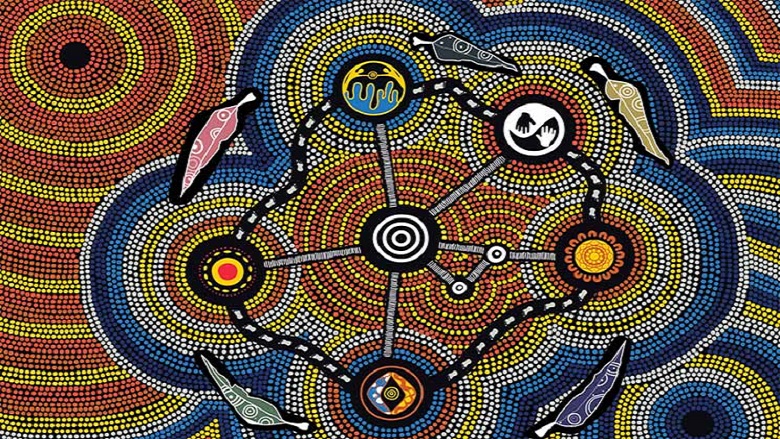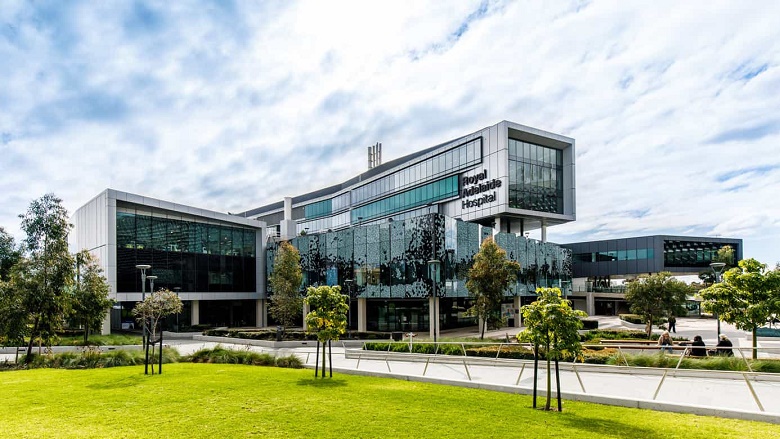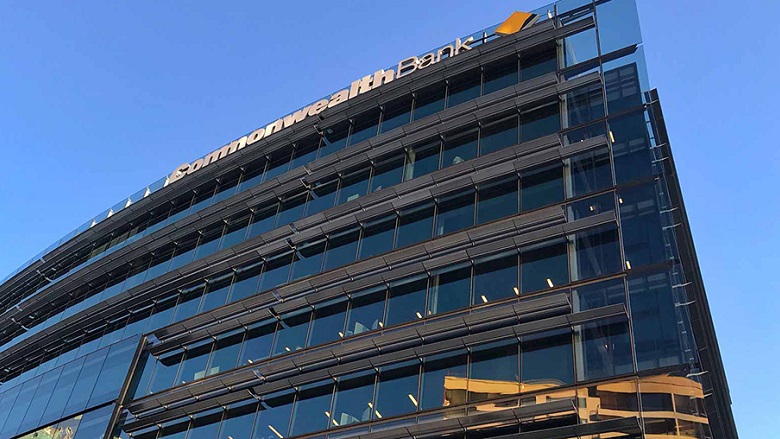CBA acted as mandated lead arranger, lender and joint sustainability coordinator on the transaction, which is part of a broader $1.9 billion refinancing for NSW LRS. Part of CBA’s role was to help NSW LRS develop a sustainability framework that aligns its strategic and operating objectives with its environmental, social and governance (ESG) commitments.
Adam Bennett, CEO of NSW Land Registry Services (NSW LRS), said developing the sustainability framework for this transaction gave the company an opportunity to reflect on the environmental and social touchpoints of its operations.
“As a trusted custodian of land title information for Australia’s most populous state, we saw an opportunity to support our nation’s reconciliation with practical actions.
“The development, implementation and evolution of a RAP will help us evolve our business, while tying our sustainability and community goals to our financing costs reflects the strength of our commitment,” Mr Bennett said.
Andrew Hinchliff, CBA’s Group Executive for Institutional Banking and Markets, said providing clients with sustainable finance solutions was a top priority for the bank.
“We work closely with our customers to help them translate the unique ESG attributes of their businesses into ambitious targets that advance Australia’s transition to a more sustainable future.
“NSW Land Registry Services are to be commended for their commitment to reconciliation, employee diversity and emissions reduction, and we’re very proud to be able to play a part in helping them pursue these ambitions,” Mr Hinchliff said.
Reconciliation Australia’s Reconciliation Action Plan (RAP) program contributes to advancing reconciliation by supporting organisations to develop respectful relationships and create meaningful opportunities with Aboriginal and Torres Strait Islander peoples through commitments to ongoing, measurable actions. There are four types of RAP - Reflect, Innovate, Stretch and Elevate – with each phase further propelling an organisation’s strategy and progress toward reconciliation.
Of the 1,100 organisations with an active RAP, across a range of industries, 21 have an Elevate RAP and are considered national leaders in the reconciliation movement.
Karen Mundine, Reconciliation Australia’s CEO, said: “We look forward to welcoming NSW Land Registry Services to the RAP community and encourage them to take brave steps on their reconciliation journey. Getting these first steps right will ensure the sustainability of future RAPs and reconciliation initiatives, and contribute to meaningful progress towards Australia’s reconciled future.”



